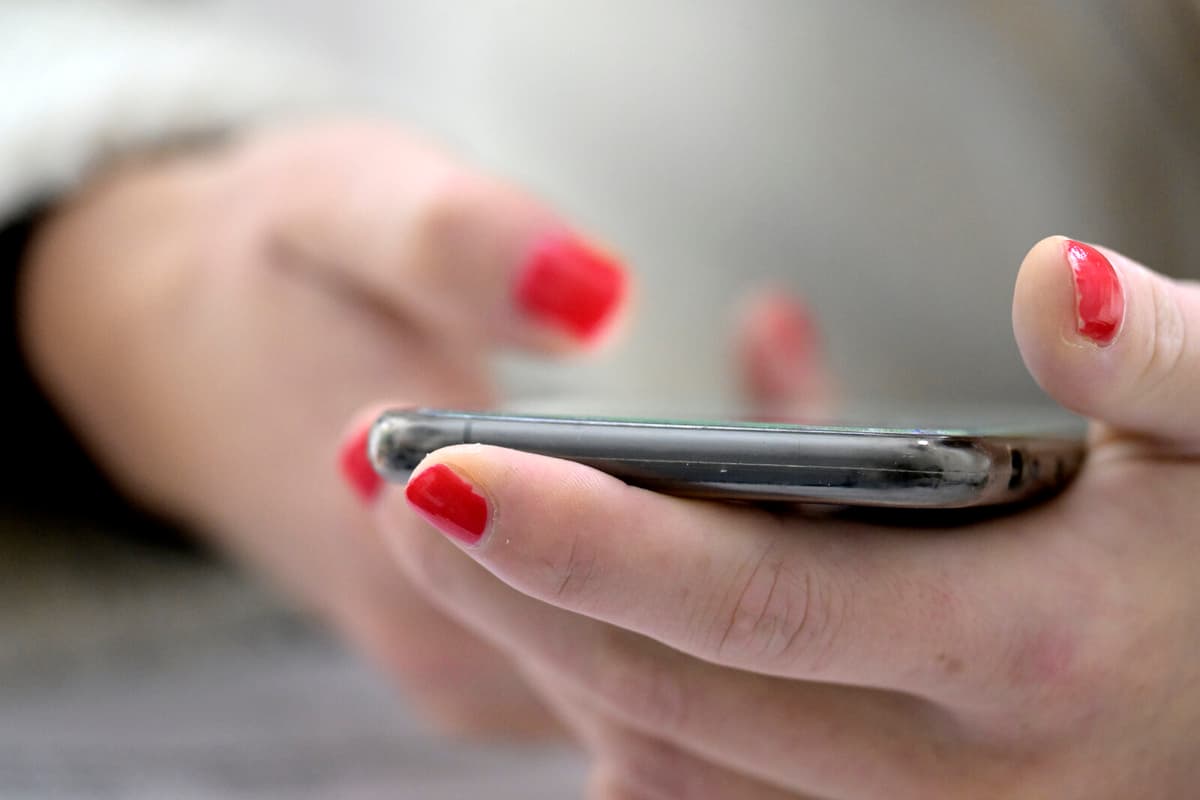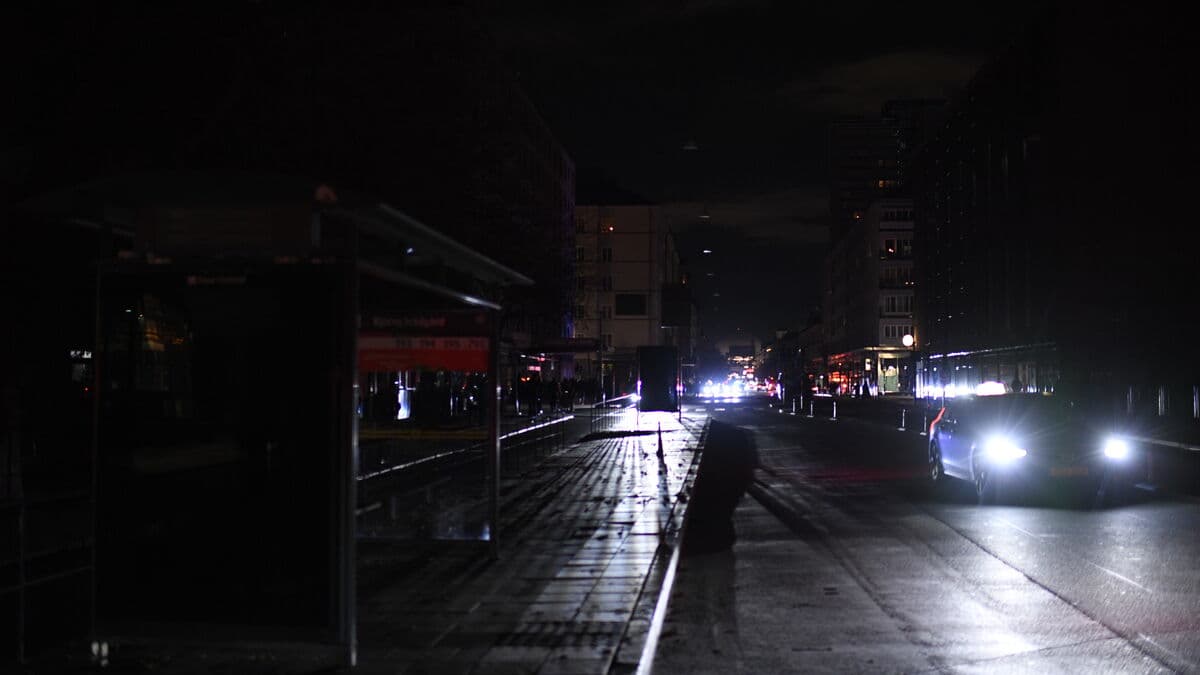In the fall, the Public Health Agency came up with recommendations for screen time for young people. For the youngest, no screen time at all, and for teenagers, significantly shorter mobile phone use per day.
Now, further data is emerging that suggests excessive screen time can have a negative impact on both sleep and mental health.
Screen time affected all aspects of sleep, both quality and sleep duration, says Sebastian Hökby, at the National Centre for Suicide Research and Prevention at the Karolinska Institute and one of the researchers behind the study.
Lasted for a year
In the study, researchers followed 4,810 young people between 12 and 16 years old in Stockholm County who were asked to answer a number of questions about their sleep, depressive symptoms, and screen time outside of school. The data was collected on three occasions over the course of a year. In the study, the average high school student exceeded the Public Health Agency's recommendations by about an hour a day.
The results, published in the journal PLOS Global Public Health, show that more screen time led to disrupted sleep. The researchers saw that all central aspects of sleep seemed to be affected, including that participants fell asleep later.
There were some differences between the sexes. Girls' sleep quality was more negatively affected by screen time than boys'. Among girls, poorer sleep quality was also more often linked to depressive symptoms. Among boys, poorer sleep did not lead to an increased degree of depressive symptoms.
No magic limit
It was also more common for girls to report a larger number of depressive symptoms in connection with sleep deprivation compared to boys. That pattern is consistent with how much more common depression is among girls in society overall, says Sebastian Hökby.
According to the Public Health Agency's recommendations, individuals between 13 and 18 should not have more than 2-3 hours of screen time per day.
When it comes to sleep, it seems that there is no magic limit for how much screen time negatively affects sleep, the risk appears to be continuous. You can say that every little screen break does good, says Sebastian Hökby.






